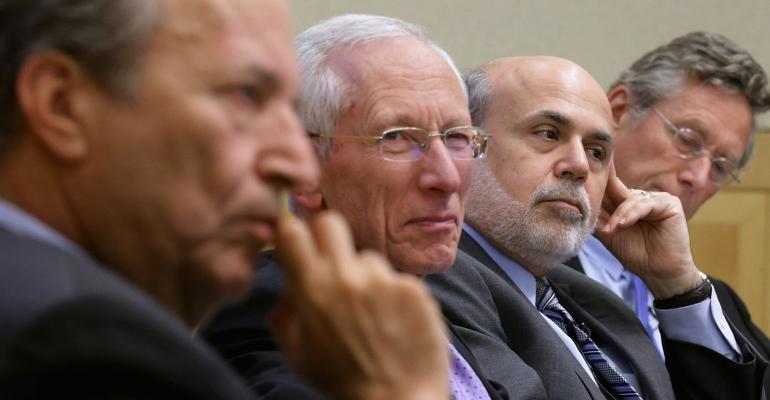By Michael Connor
NEW YORK, Sept 6 (Reuters) - The unexpected resignation of America's No. 2 central banker on Wednesday only complicates decision-making by global investors and business leaders already worried that international economic expansion may be short-lived, according to U.S. money manager Richard Bernstein on Wednesday.
Chief executive of RB Advisors, Bernstein is a former chief investment strategist at Merrill Lynch, relies heavily on corporate profit cycle studies for investment decisions, and describes institutional investors in the United States as already cautious with U.S. stock indexes at all-time highs.
RB Advisors still sees further gains, based on trends in profits cycle studies, Bernstein said in the Reuters Global Markets Forum chat room.
The following are edited excerpts from the GMF:
Question: Stanley Fischer, second only to chair Janet Yellen at the Federal Reserve, is a familiar, steady hand among central bankers but unexpectedly announced his resignation today. What does that mean for global markets?
Answer: Financial markets - and for that matter the economy in general, because the stock market is a reflection of the economy - dislike uncertainty and inconsistency. The more uncertainty and inconsistency one sees, the more fearful investors, CEOs, and CFOs will be. That may present opportunity however.
Q: Was this a surprise? Should we expect Yellen to be appointed next year to a second term as Fed chair by President Trump?
A: My personal point of view is that Yellen/Fischer are very thoughtful and capable central bankers, but I'm an objective observer and not part of Washington. Not sure, but this type of event should have been expected. Simply political reality.
Q: Do you worry that investors are overconfident after the long run-up in stocks in the United States?
A: Admittedly, it is not March 2009, but investors remain unusually cautious for this part of a bull market. Regarding "bullishness," I continue to find it hard to believe that investors are overly bullish. We can find no data – no data –that supports the contention. Rather, the objective data show that investors are still quite conservative despite this length of the bull market. That is true, whether one looks at individual investors, pensions, endowments, foundations, hedge funds, etc.
(Reporting By Michael Connor in New York; Editing by Andrew Hay)






